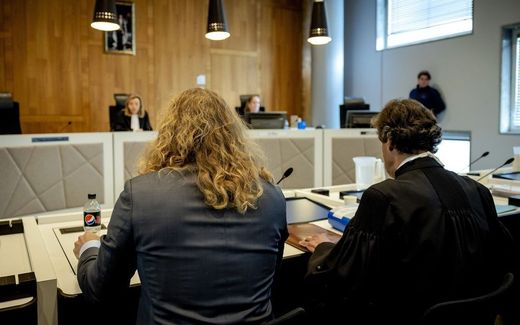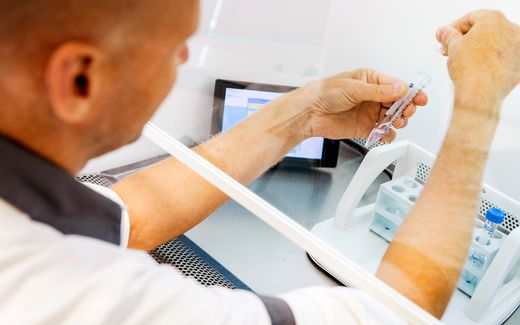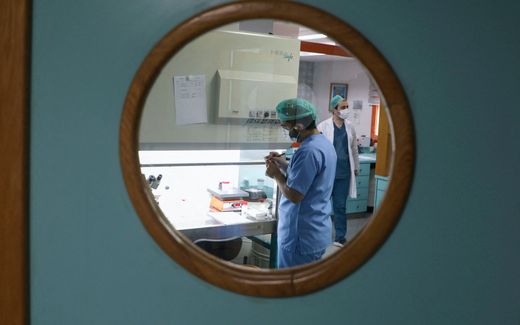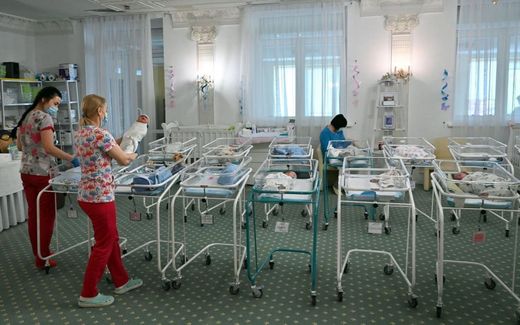A father with 1000 kids? He exists
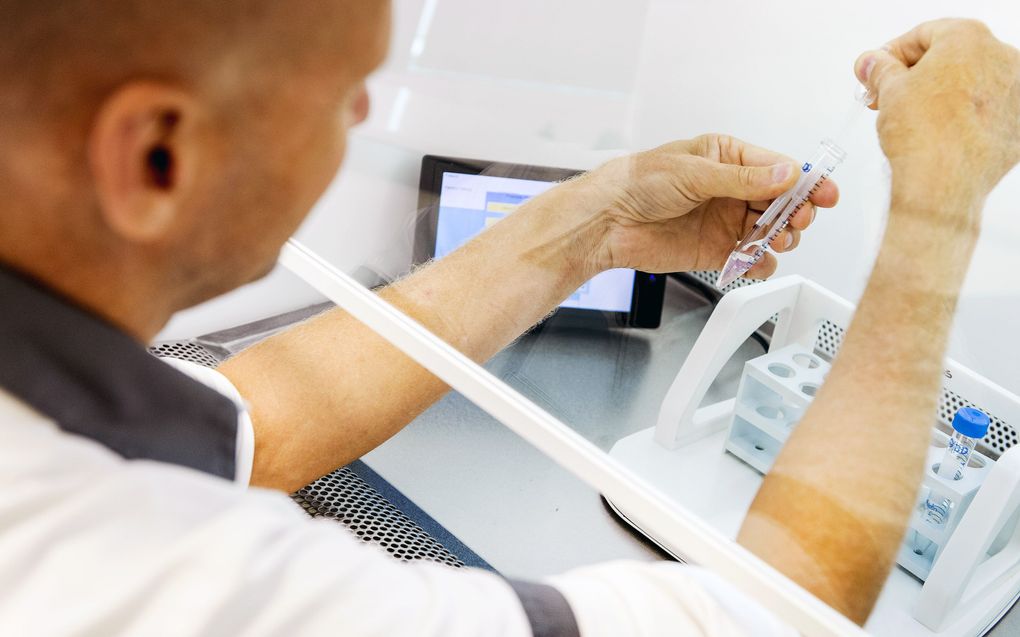
Photo ANP, Koen van Weel
Opinion
Vanessa wanted a child. She was single and therefore looked for a sperm donor. That is how she came into contact with a gifted Dutch musician.
Receive CNE's weekly newsletter? Feel free to sign up here.
He thought it was nice to make a woman and child happy once in a while. In this way, Vanessa became a mother of a daughter in 2016.
This girl was his eighth child, the Dutch musician said. No reason to worry, Vanessa thought. The private arrangement with this musician was much cheaper than finding a sperm donor through a fertility clinic.
Evert van Vlastuin (1972) has been working as a journalist from the early 90s.
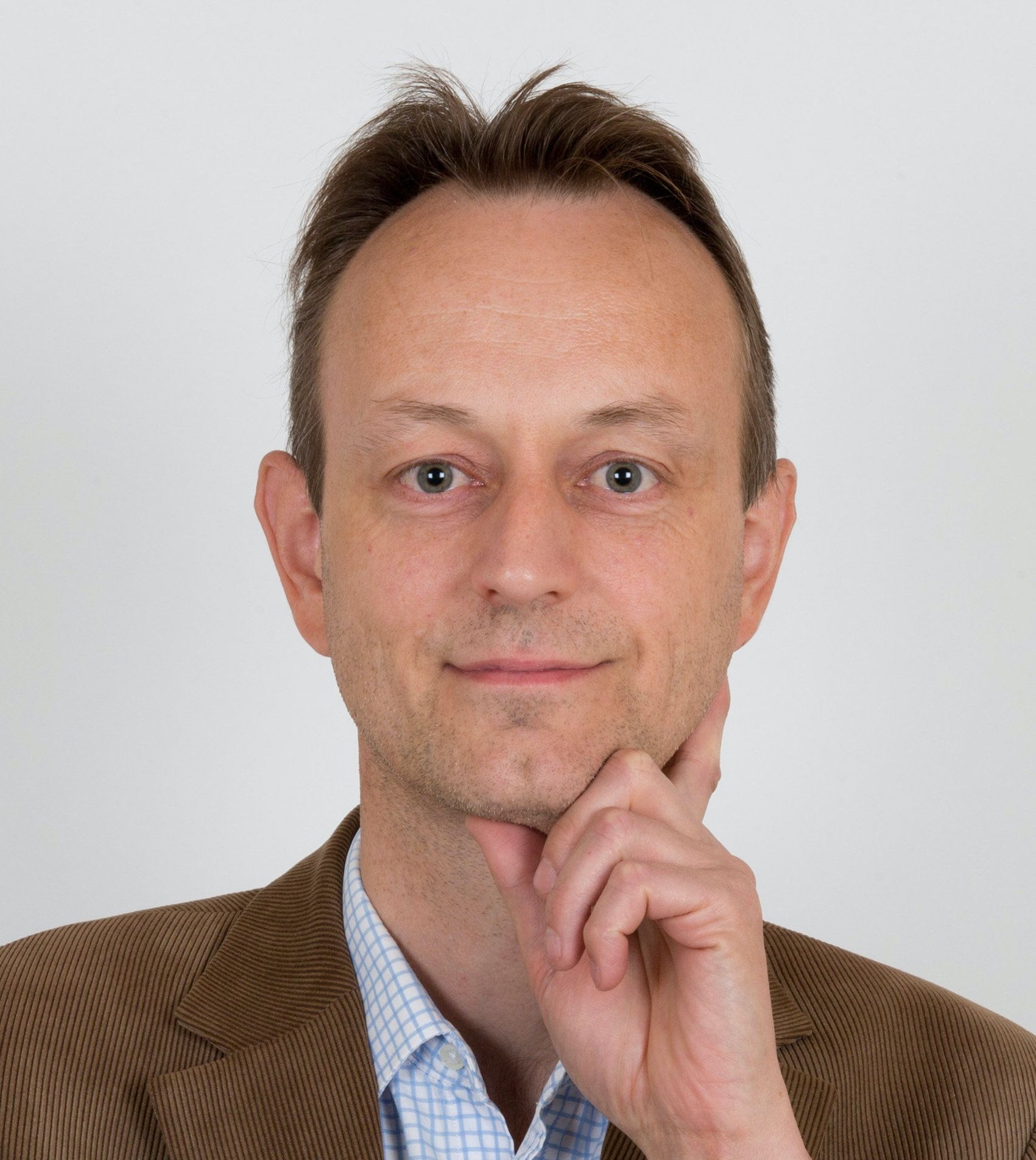
He has interviewed several Nobel Peace Price winners as the former South African president F. W. de Klerk and two leaders from Northern Ireland, John Hume and David Trimble.
From 2001, he worked as a foreign news reporter for the Dutch Reformed Daily. Since 2021, he works as managing editor for the start-up CNE.news.
However, the worries grew later. Vanessa came into contact with other single mothers who also had a child with the same man. One of them was in her daughter's kindergarten.
The mothers talked together. Could their musician be the donor against whom the Ministry of Health recently warned because at least 102 children had been conceived with his sperm? He was indeed, but that was only the tip of the iceberg. It is now known that this donor has 234 children in the Netherlands. And many more outside the Netherlands. The Foundation for Donor Data on Artificial Fertilisation (SDKB) reckons on a thousand children worldwide.
Is this musician a loner? If only that were true. Several donors are known to have hundreds of children. And there are many unknown cases.
Last week, another fertility doctor who fertilised women with his own sperm was discovered. He is the fifth in the Netherlands. From doctor Karbaat, 81 donor children are known. That may seem a lot, but many mass donors already exceed that number.
How is this possible? There are no rules in the Netherlands, let alone internationally. The Dutch government does prescribe to fertility clinics that the sperm of one man may be used for a maximum of 25 children with no more than twelve women. But a donor can always go to the next clinic and say that he has never donated sperm before. Moreover, he can sell his sperm privately on Facebook.
If this is the situation in the Netherlands, then internationally, it is wild-west. Sperm banks are a global industry where 15 billion euros circulated in 2020. And it is a growing business. According to the sector, you should not talk about half-brothers and half-sisters. A better term would be DNA-related people. George Orwell would call it Newspeak.
The Convention on the Rights of the Child stipulated in 1989 that every child has the right to know his parents and to be raised by them. The Dutch courts have also applied this principle to donor parents. That is why donating sperm anonymously has not been possible since 2004. But the British legislator only applies this right to legal parents. So, there is a big difference between countries. The rule is often: donation is something else than a relationship.
Legislation cannot stop this. Conceiving children is an intimate and private matter, even through donation. This will continue to happen as long as people worldwide do not link having children to a relationship between two people.
Related Articles


